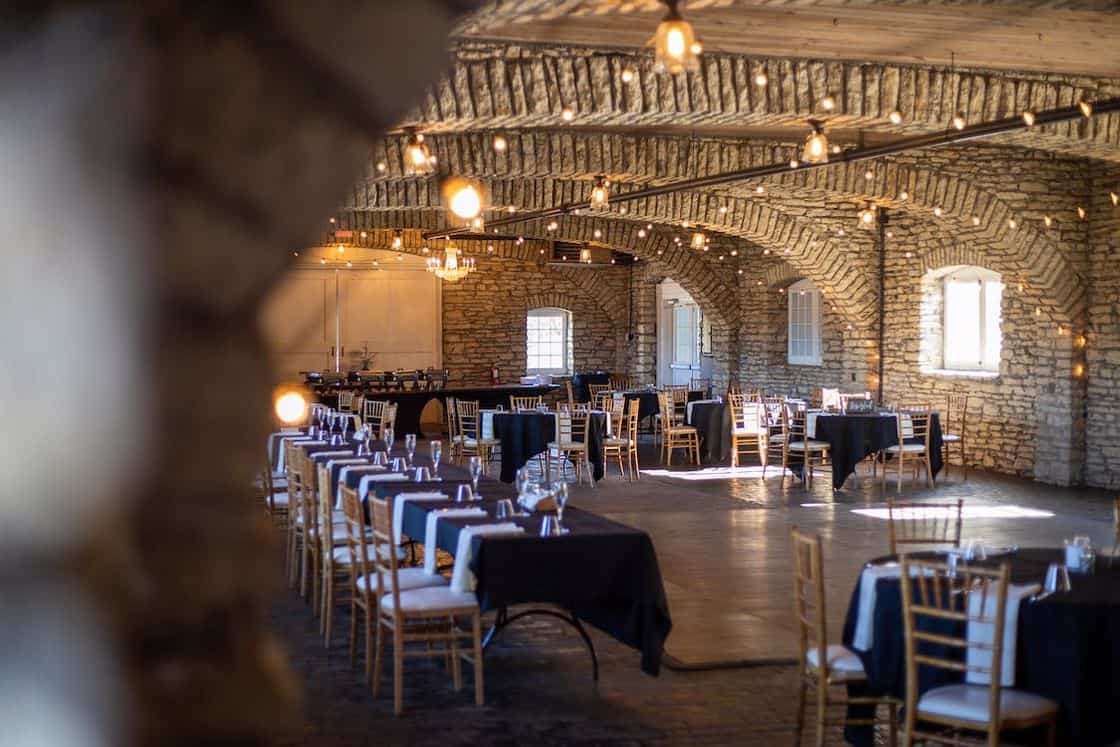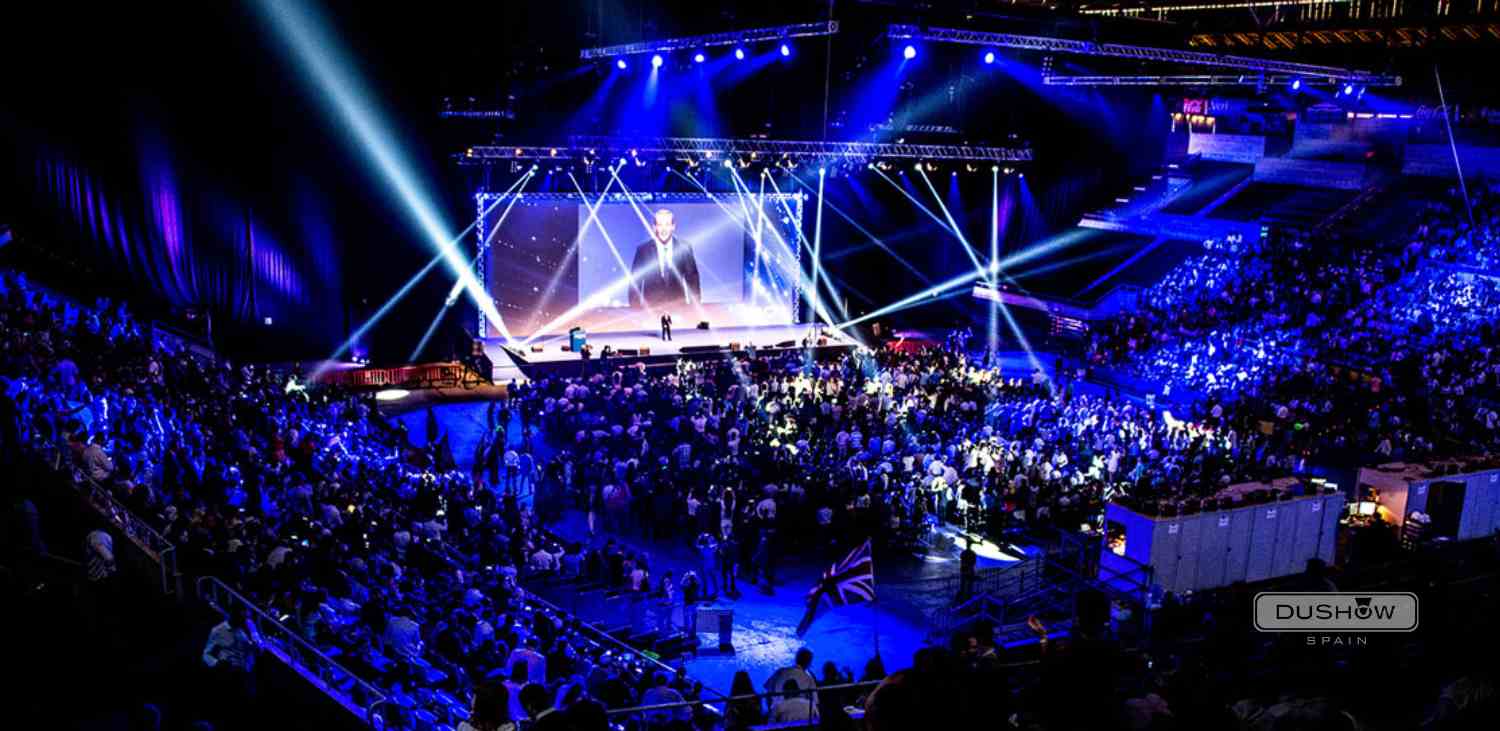Just How Event Production Functions: A Comprehensive Check Out the Process
Event production is a complicated and structured procedure that calls for cautious planning and implementation. It starts with establishing clear objectives and understanding the target market. Each step, from budgeting to venue selection, plays a critical duty in making sure success. As the process unravels, different aspects must straighten effortlessly. The subtleties of this elaborate procedure commonly go unnoticed. What are the vital stages that add to an unforgettable event?

The Preliminary Drawing Board
When beginning on event production, mindful preparation is vital to assure a successful result. The initial planning phase offers as the foundation for all subsequent initiatives. Throughout this phase, event producers must specify the event's objective and goals clearly. Identifying the target market assists customize the experience and messaging, ensuring importance and engagement.Producers have to likewise consider the event format, whether it be in-person, digital, or hybrid, as this will affect various logistical elements. Choosing a suitable day and location is vital, as it impacts access and availability.Furthermore, setting up a reputable team is basic for dividing duties and enhancing communication. Developing a timeline with milestones assurances all tasks are finished on schedule. This phase involves detailed research, consisting of identifying prospective challenges and creating strategies to alleviate threats. Eventually, a well-structured first planning phase establishes the tone for an effective event production journey.

Budgeting and Resource Appropriation
In event production, effective budgeting and resource allowance are essential for success - event production charlotte. Establishing monetary specifications establishes the structure for all succeeding choices, while resource distribution methods assure that every part of the event is properly supported. Together, these aspects assist preserve control over expenses and maximize using readily available sources
Developing Financial Parameters
Developing economic parameters is vital to the success of any event production, as it sets the foundation for effective budgeting and resource allocation. This procedure starts with specifying the total budget plan, which includes all elements of the event, including venue costs, catering, and marketing. By recognizing readily available funds, event organizers can focus on expenditures and allocate sources as necessary. Furthermore, it is important to carry out extensive market research study to anticipate potential prices and determine funding resources, such as sponsorships or ticket sales. Developing clear monetary parameters additionally aids in risk monitoring, enabling planners to reserve contingency funds for unanticipated costs. Eventually, a well-defined spending plan functions as a roadmap, guiding the event production group in the direction of achieving their objectives while preserving financial control.
Resource Circulation Approaches
Reliable source circulation approaches are crucial for optimizing the effect of an event while sticking to budget restrictions. Effective event production needs a thorough approach to budgeting and resource appropriation. Organizers should prioritize essential aspects such as venue, wedding catering, and innovation, ensuring that funds are assigned to locations that enhance guest experience. A thorough budget must lay out expected costs and determine locations for potential cost savings, such as bargaining with suppliers or exploring sponsorship chances. Furthermore, tracking expenses throughout the preparation procedure aids prevent overspending. By utilizing calculated source circulation, event manufacturers can supply a remarkable experience while maintaining fiscal responsibility, ultimately adding to the total success of the event.
Place Option and Logistics
Choosing the right venue is necessary to the success of any type of event, as it sets the stage for the overall experience. Venue selection entails assessing different elements, including capacity, accessibility, and location. Organizers have to take into consideration the target market and the nature of the event, guaranteeing the venue aligns with the event's goals.Logistics play a substantial duty in this procedure, involving arrangements for seats, audiovisual devices, and catering solutions. An appropriate place must help with smooth flow for attendees and team, boosting engagement.Additionally, examining potential places for features like vehicle parking, restrooms, and fire escape is important for safety and security and ease. The timeline for safeguarding the venue is also crucial, as prominent areas may reserve swiftly - event production charlotte. Consequently, extensive preparation and prompt implementation can inevitably add to a smooth event experience, making place option and logistics essential elements of effective event production
Imaginative Principle Growth
While the venue sets the physical stage, imaginative principle development forms the event's identification and narrative. This procedure starts with determining the event's function and target audience, allowing event producers to formulate a compelling style that resonates with participants. Conceptualizing sessions commonly consist of varied point of views, promoting ingenious ideas that straighten with the event's goals.Once a style is established, aesthetic aspects such as color palettes, signs, and style are designed to boost the general ambience. Storytelling techniques might likewise be integrated to create an interesting trip for participants, assuring an unforgettable experience. In addition, considerations regarding amusement, activities, and interactive components are aligned with the picked idea, enhancing the style throughout the event.Ultimately, effective imaginative idea development warranties that every facet of the event works cohesively, leaving a lasting perception on attendees and satisfying the event's goals. This fundamental work lays the foundation for subsequent preparation and implementation stages.
Teaming up With Vendors and Vendors
Successful event production depends upon effective partnership with suppliers and distributors. Selecting dependable companions, bargaining contracts successfully, and making certain timely distributions are crucial steps in this procedure. Each of these aspects adds greatly to the general success and smooth implementation of an occasion.
Selecting Reliable Partners
Just how can event organizers guarantee a smooth production experience? Picking dependable partners is crucial in achieving this objective. Event coordinators should conduct thorough research study to identify suppliers and suppliers with a tested record of quality. This consists of checking referrals, examining portfolios, and evaluating customer responses. Coordinators must prioritize partners that show expertise, timely interaction, and a readiness to collaborate. Building strong relationships promotes depend on and allows quick problem-solving during the event. Additionally, it is advantageous to choose local vendors who understand the place and local logistics. Eventually, a successful event rests on the synergy in between coordinators and their companions, guaranteeing that every aspect of production runs smoothly and successfully.
Bargaining Agreements Successfully
Effective negotiation of contracts is an essential action in the collaboration between event planners and their vendors and providers. This procedure includes clear communication of assumptions, deliverables, and timelines. Coordinators should perform complete research study on market prices and market standards to develop a baseline for arrangements. It is crucial to create a joint environment, urging open dialogue concerning terms, prices, and potential backups. Planners should likewise prioritize comprehending the vendor's capacities and restrictions to align their click resources demands efficiently. Adaptability can result in equally advantageous arrangements, cultivating long-lasting partnerships. Crafting well-defined agreements that consist of particular efficiency metrics can aid guarantee responsibility, eventually resulting in effective event implementation and complete satisfaction for all events involved.
Making Sure Prompt Deliveries
Timely shipments are crucial for the smooth execution of any event, requiring thorough cooperation between planners and their vendors and vendors. Reliable interaction is essential, as it assists develop clear assumptions regarding shipment routines, amounts, and certain needs. Organizers frequently produce in-depth timelines to detail essential milestones, ensuring all parties continue to be aligned throughout the process. Regular check-ins with vendors can assist recognize potential delays early, permitting positive services. Additionally, building strong connections with trusted distributors cultivates depend on and accountability, which can result in better service and prioritization. By focusing on these joint initiatives, planners can reduce interruptions, therefore boosting the overall performance of event production and ensuring that all necessary products and solutions get here as prepared.
Advertising and Promotion Techniques
While organizing an occasion, the success of advertising and marketing and promotion approaches can substantially affect presence and interaction. Efficient techniques typically include a mix of digital advertising, traditional marketing, and grassroots outreach. Utilizing social media sites platforms permits for real-time interaction and targeted marketing, getting to particular demographics properly. Email advertising projects can further involve possible attendees with individualized web content and reminders.Collaborations with influencers or industry leaders can likewise boost credibility and broaden reach. Developing appealing web content, such as videos or blog sites, helps to produce buzz and receive interest leading up to the event. Furthermore, leveraging early-bird price cuts and unique benefits can incentivize ticket purchases.Promoting via traditional networks, such as posters or local media, continues to be relevant, particularly in community-focused occasions. A detailed approach that integrates weblink several strategies guarantees maximum presence and engagement, eventually adding to the event's success and the production of a memorable experience for attendees.
On-Site Execution and Management
On-site execution and administration are important parts that determine the general success of an occasion. Reliable coordination during the event guarantees that all elements line up with the intended schedule. Event managers manage logistics, including vendor sychronisation, tools configuration, and guest services. Keeping an eye on timelines and attending to any kind of unanticipated concerns are fundamental for preserving a smooth experience.The personnel plays a substantial duty, as skilled workers are accountable for various jobs such as enrollment, info circulation, and technological support. Communication among staff member is necessary; it fosters a collaborative environment and allows quick resolution of challenges.Additionally, security protocols should be complied with, securing the health of all attendees. Post-event evaluations are likewise part of on-site administration, offering insights for future improvements. By concentrating on these elements, event producers can develop unforgettable experiences that meet or surpass participant assumptions while achieving the event's purposes.
Frequently Asked Questions
Exactly how Do I Select the Right Event Theme?
Selecting the ideal event style includes considering the target market, event function, and location. Researching existing patterns and collecting input from stakeholders can also influence creative concepts that reverberate and produce a memorable experience.

What Are Common Errors in Event Production?
Typical errors in event production often consist of insufficient planning, poor communication among staff member, budget plan mismanagement, overlooking to think about the audience's demands, and stopping working to conduct a comprehensive post-event evaluation for future renovations.
Exactly How Can I Determine Event Success?
To determine event success, one can evaluate attendee contentment, interaction levels, spending plan adherence, and post-event responses. Trick efficiency indications, such as ticket sales and social media interactions, additionally give important understandings into overall performance.
What Should I Do if It Drizzles on the Event Day?
In the event of rain on the day, the organizer ought to implement backup strategies, such as safeguarding tents or relocating activities inside. Communication with guests about modifications is vital to guarantee a smooth experience regardless of weather condition challenges.
Just How Can I Make Sure Attendee Interaction During the Event?
